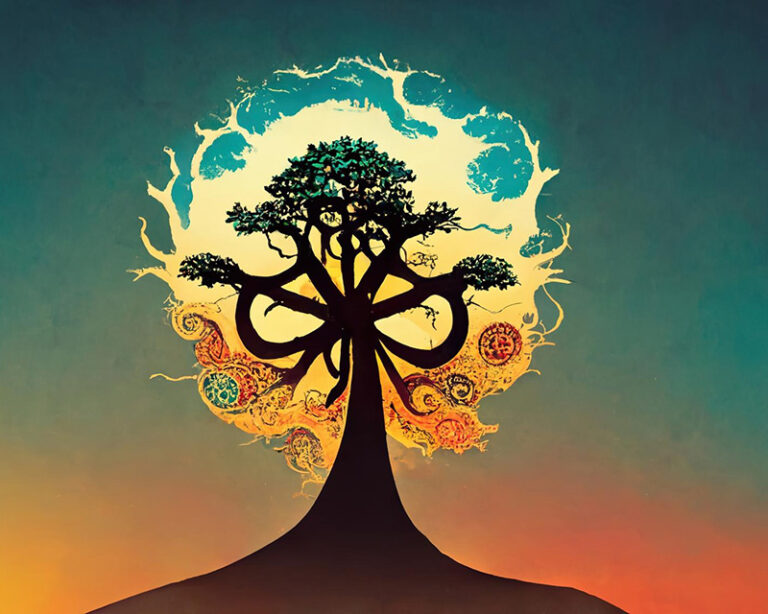The word ‘psyche’ comes from the Greek word psykhe, which means “the soul, mind, spirit, or invisible animating entity which occupies the physical body.” That about sums the way we understand the word today. (“Psyche.” Merriam-Webster.com Dictionary, Merriam-Webster, https://www.merriam-webster.com/dictionary/psyche. Accessed 8 Apr. 2024.)
Psychosynthesis in “Assisting clients to have a sacred dream” as a healing response to suffering, brings something more to Psycho-analysis and Psycho-therapy. Psychosynthesis is known worldwide as ‘a psychology with a soul’. It integrates the best that western psychology has to offer, along with eastern and western spiritual theories, practices, and techniques, such as the art of presence, mindfulness, meditation, and visualisation. Psychosynthesis is a holistic approach and can include an exploration of the physical, emotional, psychological, social, sexual, cultural, ecological, and spiritual elements and influences on health and well-being.
Psychotherapy – is made of up two key Greek terms: psyche (soul) and therapeia (serve). “Psycho-therapy” means “to serve the soul.” As the word psychotherapist indicates and translates – is this our work – supporting and serving a person/client on their soul journey?
Psychosynthesis is not per se a form of therapy, but rather a basic thought model describing what it is to be a human being.
Psychosynthesis concerns itself first and foremost with a consideration of meaning, purpose, and values in the individual’s life. The term holism is derived from the Greek OAoc, (“holos”), meaning whole and so as a holistic approach to helping and healing Psychosynthesis is a psychology for this time.
He Assagioli, founder of Psychosynthesis, focused on how human beings move toward increasing wholeness, integrating, or synthesising all the parts of the personality to work harmoniously together, so each person can respond creatively, even joyfully, to the psychological and spiritual demands of life. Psychosynthesis offers an approach to human development that is both profound and hopeful.
While it acknowledges and works with the pain and suffering inherent in the human condition, it also suggests a path for empowering our human ability to create harmony, synthesis, and full expression of the Self. This path is full of creativity and surprise and inevitably takes us off the beaten path, the well-known path, towards where no map can go, and where no map is of use.
Each path in life is unique. My path is not yours, and yours is not mine. We must each find our own way.
Roberto Assagioli, believed that it was not only the difficulties locked in the subconscious cellars that prevented people from being happy, but also the tendency we must cut ourselves off from our higher selves, our deepest passions for life, our hopes, dreams, and desires.
Psychosynthesis is ideally suited for the application of psychotherapeutic thinking beyond the consulting room, as it has an abstract model of how complex organisms or organisations can value individual parts and choices, while at the same time take a holistic overview.
If psychotherapy is to regain its radical edge, it will need not only to reconnect with its lost Soul but also to recognise that the context for suffering and healing is planetary as well as individual. To the extent that we can recognise our culture is itself within the throes of a mid-life crisis with classic manic defences, then we can recognise how important this work is.








